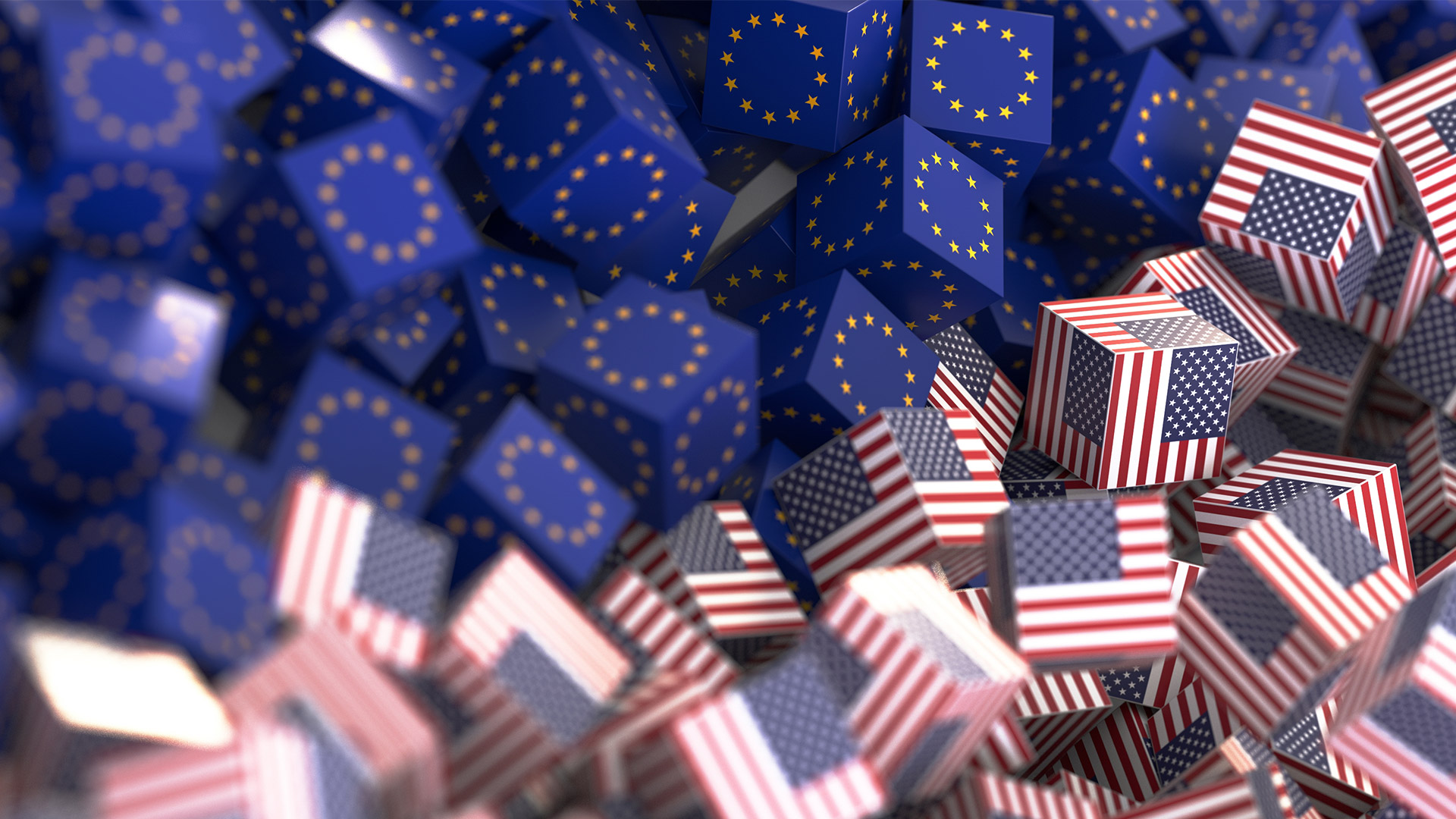
The turmoiled political and economic landscape came under scrutiny at this year’s IACT event, held once again in Dublin’s Croke Park Stadium. Treasury Today was in attendance.
With the Brexit process stumbling towards the deadline, the view from the Irish Association of Corporate Treasurers’ annual event is one that should make UK counterparts take note. The general perception is that the outcome is not likely to be good for Ireland. Although taken as a straw-poll, the fact that more than 55% of assembled treasury professionals feel it won’t end well for the country is perhaps a bellwether for how the rest of Europe feels at this point in the negotiations.
Notwithstanding this gloom, Sean McKeon, Head of Risk for the Dalata Hotel Group, said his company “has taken account of Brexit but has not stopped what we intended to do [in the UK] because the fundamentals are still right”.
Rates of progress
And right fundamentals seem to be the case elsewhere, with David Stubbs, J.P. Morgan Asset Management Market Strategist, declaring the global economy to be “in very good health”. A stronger and more resilient trading environment is generally expected over the coming months, he noted.
With interest rates creeping up as central banks begin to “normalise” and move towards their QE exit strategies, we are witnessing “the end of an era”, albeit an end that is moving “very slowly”.
BoE interest rate rises have already happened and there may be more prior to Brexit. Even the Eurozone may rise closer to zero by 2019, Stubbs suggested. These are early days in the global recovery but he feels this minimal shift “shouldn’t disrupt corporate investment activities”.
In the US, rates have a probable terminal point of about 5% but are unlikely to rise above 3% before 2020. The fiscal outlook from Capitol Hill is not looking as bright as it could, with an increasing budget deficit eating away at USD strength, and commodity trade looking more like a move away from USD. “We are at the beginning of a long but gradual bear market against the dollar”, commented Stubbs, adding that USD is still “the best house in a bad neighbourhood”.
Weak Trump, strong Trump
Even with a “fairly steady” US economy, Deputy Editor and White House columnist for ‘The Hill’ website, Niall Stanage, argued that President Trump is looking “politically quite weak”.
The Dow Jones may have risen 28% since his inauguration, and unemployment may have fallen to 4.1% but the roots of improvement were possibly set down before he was even elected, suggested Stanage. Since “almost the entire case for Trump’s defence” now rests on how he tackles the economy, there is palpable tension between economics and politics in the US right now, the repercussions of which are spreading far and wide.
Indeed, the most likely way for ‘Trumpism’ to make its mark will be through his proposed tax reforms, which are still under discussion. With plans for corporate tax rate reductions and lower tax on repatriated corporate profits, the feeling amongst IACT delegates was that even Ireland’s lowest-of-the-low corporate tax rate could start to lose a little of its pulling power.
The US corporate tax take was duly featured in one of the event’s breakout sessions. With treasurers airing their views freely, it was agreed that whilst Trump tax reforms will happen, the impact on Ireland’s position remains uncertain: the classic model of interest being paid from a high-tax to a low-tax environment will be impacted as changes are announced. As a result, some treasurers admitted that key business decisions are being delayed.
Trading with the enemy
Trumpism is about trade relationships too. With his abandonment of the Trans Pacific Partnership (TPP) and the remaining 11 countries round the Pacific Rim deciding to go it alone, Stanage suggested that this could be a sign of the US losing its grip on the global trade leadership role. President Trump seems to see trade deals as a zero-sum game in which foreign nations are not partners seeking mutually beneficial exchange but competition that must be defeated.
However, Trump’s criticism of NAFTA and demand for re-negotiation of the US deal, and his tweeted comments on Brexit, all delivered without adding any substance, leads Stanage to feel the President’s “bark is worse than his bite”.
In fact, with all the Trump trade bluster, the only time we have to worry is if he “starts going after the WTO”. With China’s accession apparently destroying American jobs (Trump evidence: Chinese exports account for a large and rising share of the total US trade deficit in goods) it may not be long in coming.
As Robert Zoellick, a former US trade negotiator has said, “unusually for a US president, Trump’s words may or may not convey policy. We’ll have to watch what he does, not what he says.”
With the notion that Trump tax reforms will be funded by “creative maths”, it adds up to a tricky time for treasurers trying to balance the outcome. Stanage advises “hedging your bets”.